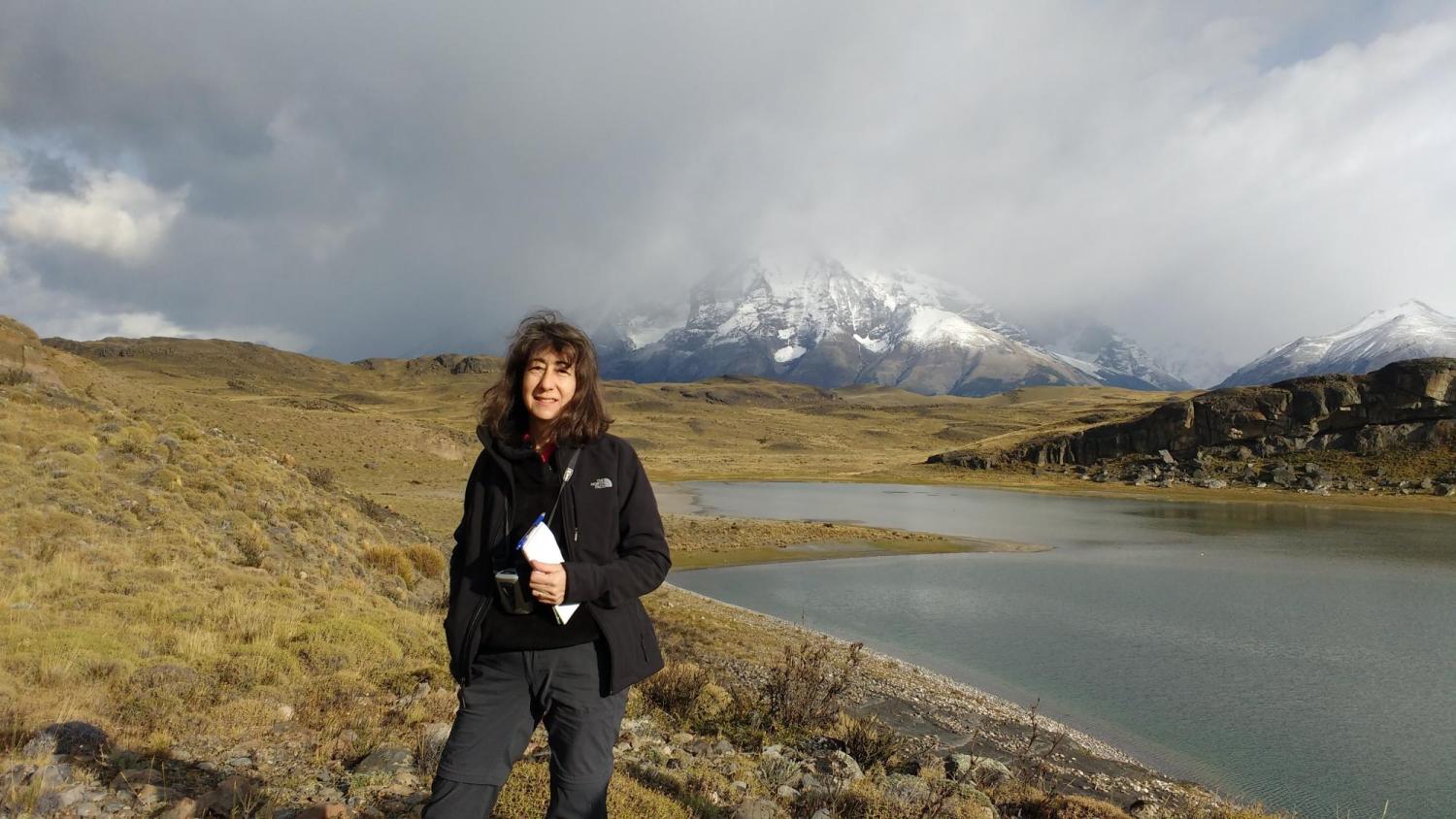Five Questions for the Fellows: Elizabeth Royte
The CEJ Scripps Fellowship has been bringing award-winning environmental journalists to CU Boulder for 21 years. Fellows embark on a year of courses, projects, field trips, seminars and more — taking advantage everything university life has to offer. This five-part series features each of the talented journalists in this year's cohort, taking a closer look at what drives them as journalists and what they think about environmental journalism today.
Elizabeth Royte is a science journalist and the author of Bottlemania: How Water Went On Sale and Why We Bought It. Her previous books – Garbage Land: On the Secret Trail of Trash and The Tapir’s Morning Bath: Solving the Mysteries of the Tropical Rain Forest – were named New York Times Notable Books of the Year. Her writing appears in Harper’s, National Geographic, The New York Times Magazine, Outside, and other national publications. Royte is a frequent contributor to The New York Times Book Review and a contributing editor at Smithsonian, OnEarth, and the Food and Environment Reporting Network. Her work is included in The Best American Science Writing and The Best American Essays (multiple years) and other nonfiction anthologies. She is also a former Alicia Patterson Foundation fellow and recipient of Bard College’s John Dewey Award for Distinguished Public Service.
Why did you choose to cover environmental topics and is there any memory that stands out as formative in your decision?
I fell into covering the environment after I was offered an assignment to profile one of the most important biologists of our day: Edward O. Wilson. The story got a lot of attention (because it was on the cover of the New York Times Magazine) and lead to more assignments to cover conservation/ecology stories. Soon it was my beat. There may have been some pre-adaptation going on: I grew up in a tree-hugging/outdoorsy New England family, my brother is a scientist, and I have always had an abiding interest in what makes the natural world tick.
What do you think is the most important environmental story happening today in the U.S.?
Donald Trump: his impacts on public lands, private businesses, the air we breathe, the water we drink, the food we eat, our standing in the international community, and how we imagine ourselves as ecological citizens.
Where do you find inspiration for the stories you tell?
Everywhere. A story idea can emerge from a conversation, an observation, an irritating problem, a nagging suspicion, an interview on a totally different subject. I’m inspired by the infectious enthusiasm of scientists (particularly field biologists), and by weird or uncanny details that speak to larger issues. Utterly mundane subjects (like garbage) have their appeal, too, for being overlooked or under-examined. Remember, there’s plenty of room at the bottom.
What has been the most helpful part of the Scripps Fellowship so far?
Having a steady paycheck while I stuff myself with reading, lectures, seminars, and field trips has been a tremendous gift. The fellowship has relieved me of financial pressure, which means I have time not only to strengthen my grasp of various environmental issues, but to dig into subjects I might never have considered (for example, why and how “Usable Science” has become a thing). It has allowed me to reflect upon what I might want to write about next, rather than to grasp at an assignment purely out of necessity or convenience. And, of course, the fellowship has made it possible for me to buttonhole just about any instructor or professor and ask for their thoughts, opinions, and advice: invaluable.
What are your favorite things to do outside of journalism?
I’m big on reading books (and talking about them, complains Scripps Fellow Stephen R. Miller), but I’m also quite keen on getting outside: hiking, biking, paddling, etc., with family and friends. I also play the piano, do crafty stuff, and walk on beaches at sunset (just kidding).
What is one rule or strategy of environmental reporting you find particularly important?
My general strategy, which is neither surprising nor novel, is to know as much as practical about a particular subject before picking up the phone and asking for an interview. This is why it’s good to have a beat: one becomes steeped in the particulars and has a grasp of the larger context. For better or worse, I suspect that I know more than your average reporter, at this point in my career about the management and degradation of solid waste.


